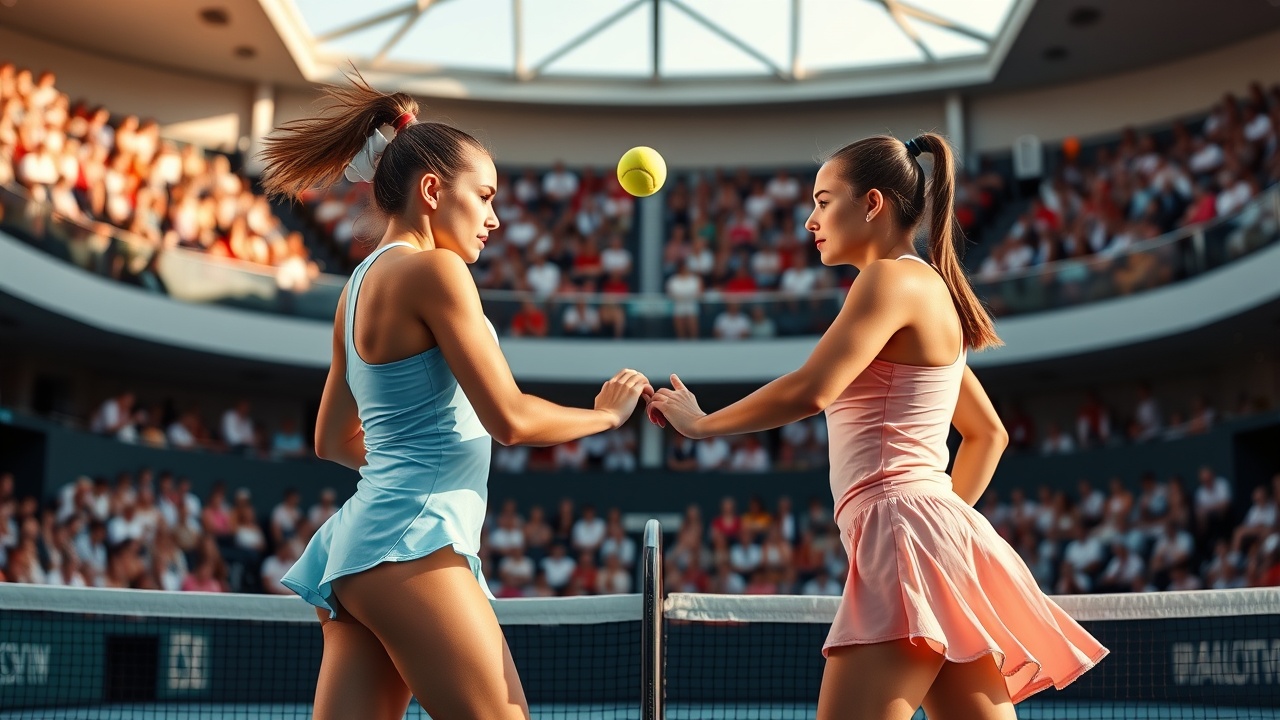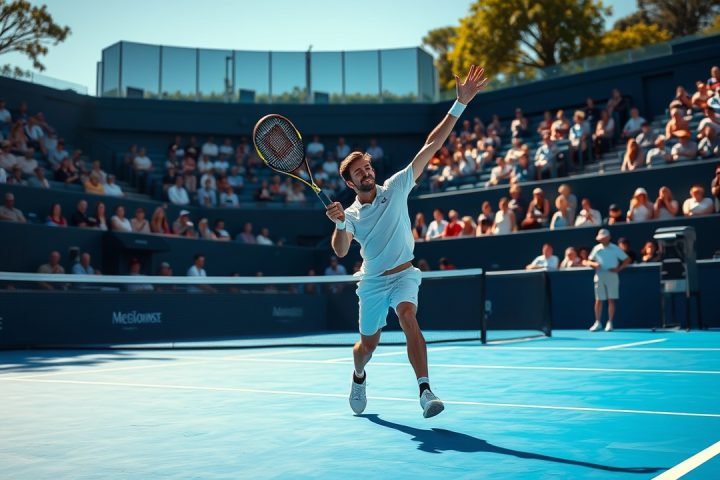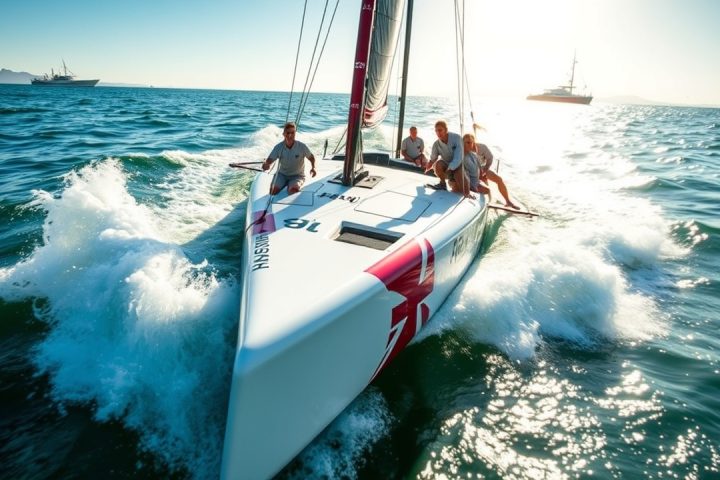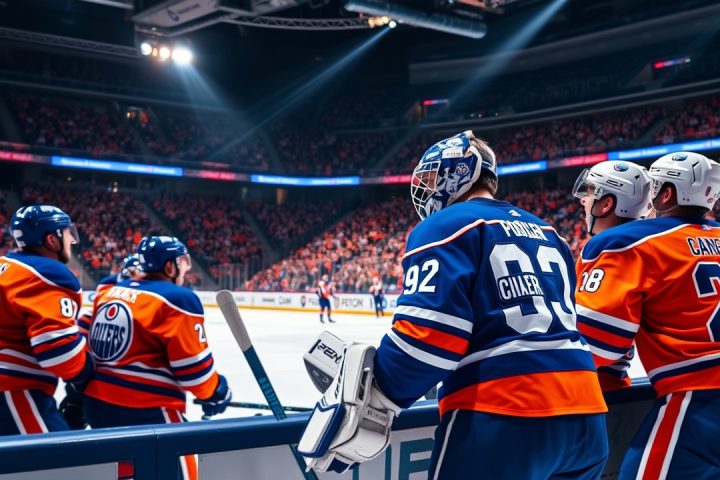Excitement for the French Open Semifinal
PARIS, ROLAND GARROS — As the French Open semifinal approaches, the face-off between Iga Świątek and Aryna Sabalenka is generating buzz akin to legendary matchups in women’s tennis. These two athletes represent the pinnacle of WTA competition in this decade, collectively securing eight Grand Slam titles. Despite their prominence, this match marks only their second clash in a major tournament, the first being three years ago at the U.S. Open, prior to Sabalenka’s ascent to Grand Slam champion. Since then, they have amassed 23 titles between them, with Świątek notably clinching the U.S. Open in 2022 after overcoming Sabalenka in the semifinals.
Scarcity of High-Stakes Contests
Moreover, the scarcity of encounters among not just Świątek and Sabalenka, but also Coco Gauff and Elena Rybakina, emphasizes a gap in high-stakes contests. Since 2022, these four players have only faced off 10 times in Grand Slam settings — a stark contrast to the men’s ‘Big Four’ era from 2009 to 2012, during which they met 24 times, along with two Olympic matches.
The Role of Rivalries in Sports
“Rivalries bring an emotional connection that elevates the sport for fans,” stated 19-time Grand Slam champion Martina Navratilova in a recent interview.
This uneven ratio underscores the significance of rivalries in cultivating fan engagement and enhancing the sport’s profile globally. Navratilova, who herself was part of an esteemed rivalry with Chris Evert in the 1970s and 80s, likened rivalries to a cornerstone of any sport’s appeal.
The Brewing Rivalry
The potential rivalry brewing between Świątek and Sabalenka presents a narrative filled with contrasting styles and personalities. Świątek boasts an impressive track record of success, including five Grand Slam titles — four of which are French Open victories — while Sabalenka holds three major titles and is currently ranked world No. 1, showcasing her powerful game.
The Women’s Tennis Association (WTA) recently sought to amplify the sport’s allure with a comprehensive rebranding strategy aimed at promoting its players. However, experts agree that the most effective means of garnering attention remains the emergence of fierce rivalries like the ones seen in men’s tennis.
A Historical Perspective
Former tennis great Lindsay Davenport echoed this sentiment, recalling a time when rivalries were the mainstay of the women’s game. She highlighted how rivals such as Steffi Graf and Monica Seles once captivated audiences, only to be succeeded by moments where no single player could dominate the narrative. The era dominated by the Williams sisters was also complicated, as their familial bond created a unique set of dynamics not commonly seen in sports rivalries.
Historically, women’s tennis has lacked a significant rivalry equivalent to that of its male counterparts over the past thirty years, according to a former WTA executive. This absence has started to affect the visibility and marketability of the sport, emphasizing the pressing need for prominent rivalries between top-ranked players, especially as fan engagement hinges on unpredictability and compelling matchups.
The Importance of Competitive Encounters
Tim Crow, a former sports marketing executive, emphasized the importance of classic rivalries as attention catalysts for their respective sports. Clijsters, who has had her share of rivalries, believes that competitive encounters not only elevate individual players but also enhance the overall level of the game. Both Sabalenka and Świątek acknowledged the necessity of elevating their performance levels when they meet, with Sabalenka recognizing that each match against Świątek prompts her to improve her game.
Looking Forward
Looking ahead to their meeting, it’s clear that the rivalry between these two athletes is laden with potential. However, Navratilova cautioned that external factors, such as Sabalenka’s national identity, may hinder the development of their rivalry to its full commercial potential. Nevertheless, she remains optimistic that the upcoming match could lay the foundation for a storied rivalry in women’s tennis.
As anticipation builds for this crucial match at Roland Garros, the spotlight on Świątek and Sabalenka serves as a reminder of the pivotal role rivalries play in shaping the trajectory of sports, creating stories that resonate deeply with fans and elevate the sport as a whole.




